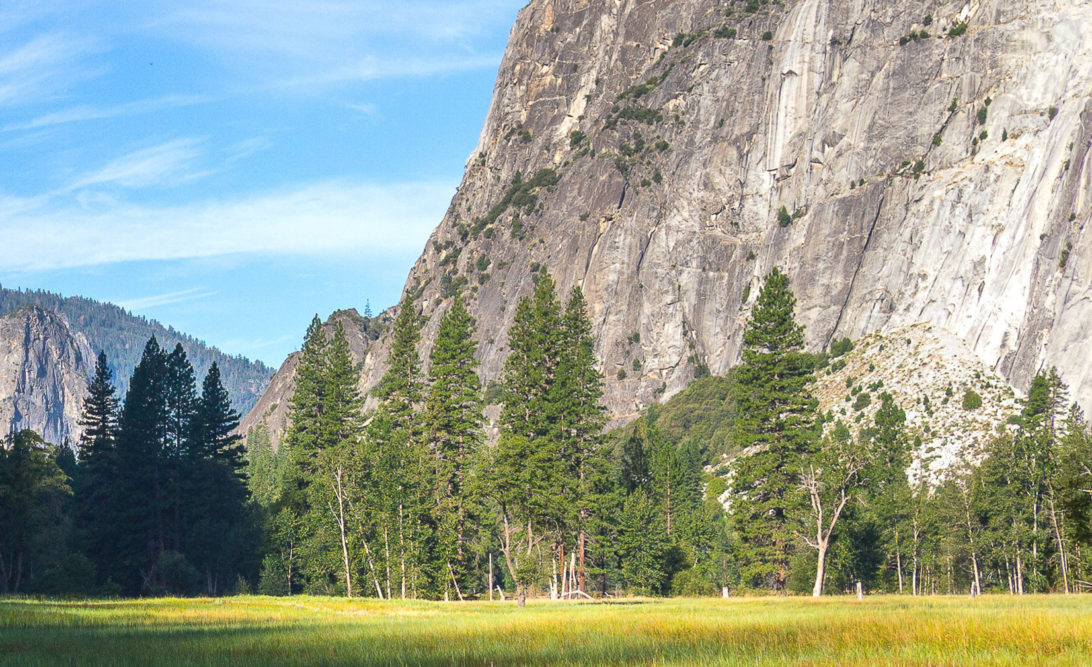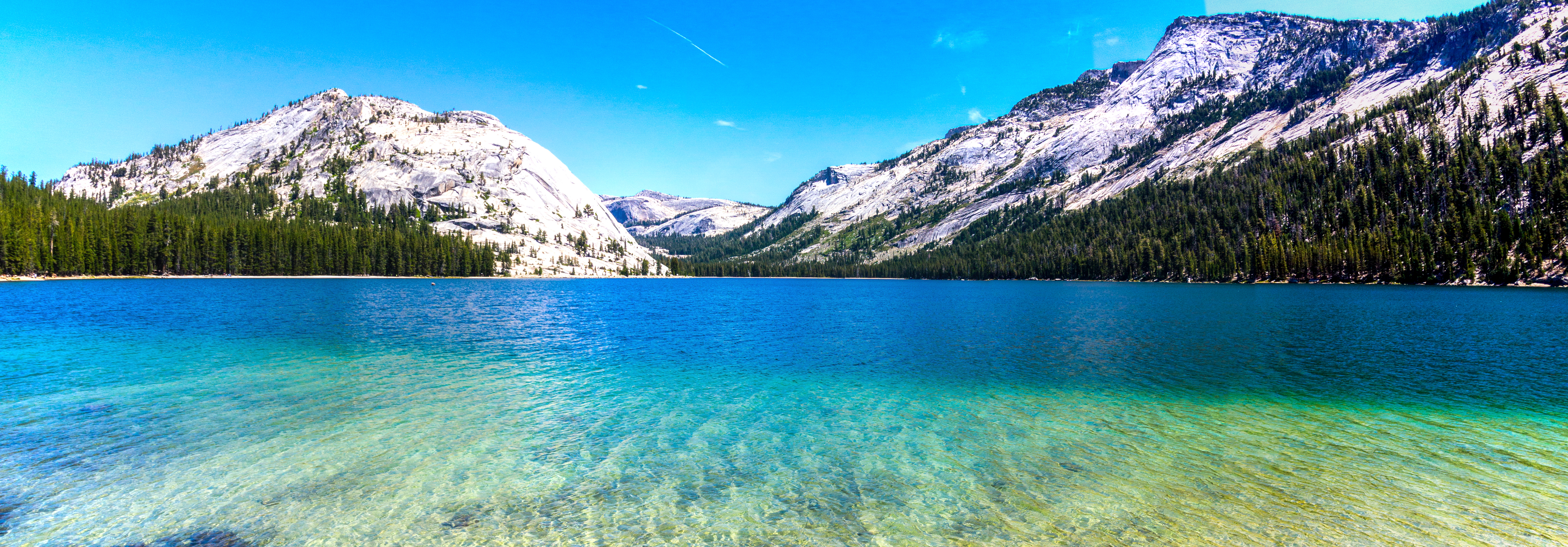October 25, 2021
The story told in Tom Wolfe’s The Electric Kool-Aid Acid Test, a book concerning an experiment to introduce radical ideas about the use of recreational drugs, is generally well-known. It concerns, first and foremost, the now iconic day-glow school bus loaded down for a trip across the continental USA; a trip during which bus pilots Ken Kesey and the Merry Pranksters became a cultural tour de force as they played new music, produced new movies, and took all manner of new drugs on their travels from California to New York and back again. It is a story that has been woven into the fabric of 1960s culture, and it is a story that has informed subsequent generations, influencing social movements in the 70s, 80s, 90s, aughts, and twenty-teens. But as much as the story has saturated modern American thought and as much as the bus has become an icon of its age, the characters who Read more…




